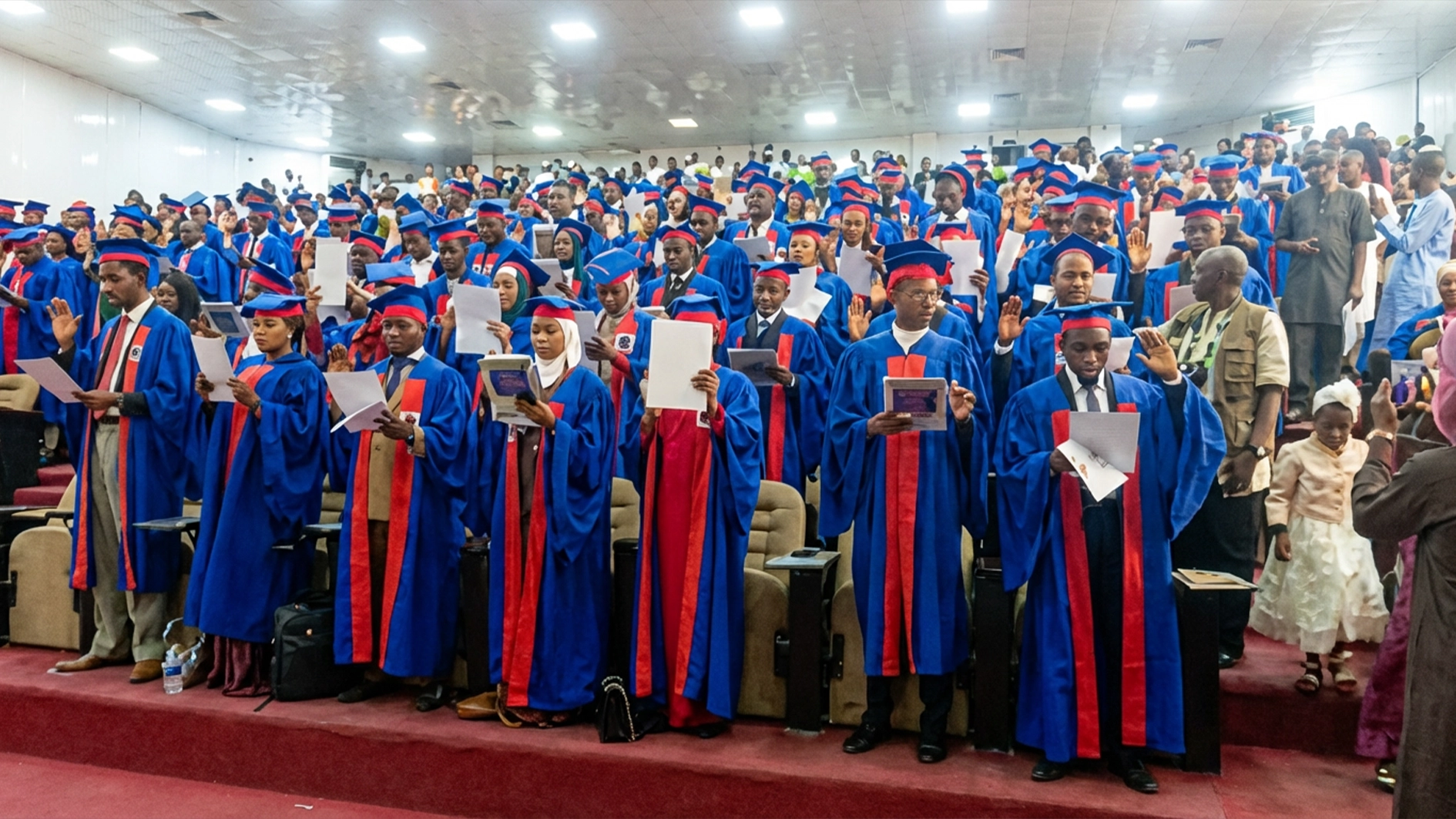Public health expert and former Chief Medical Director of Lagos University Teaching Hospital (LUTH), Prof. Akin Osibogun, has said Nigeria needs at least $1 billion in urgent investment and 360,000 medical doctors to strengthen its health system.
He made the call at the 2025 Physicians’ Week Scientific Conference organised by the Nigerian Medical Association (NMA), Lagos State Branch, with the theme, “Healthcare as a Value Chain: Building Efficiency from Policy to Patient.”
Osibogun said Nigeria cannot achieve better results in the health sector with its current level of funding.
“We cannot allocate 5 per cent and expect that the health outcomes in Nigeria will catch up with the health outcomes in Europe or in the United States. To catch up, Nigerian governments at all levels need to make investments in health,” he said.
He noted that although Nigeria has over 55,000 registered medical doctors, some are not practising within the country.
“Some of them are registered, but they are not practising in Nigeria. They only come back and renew their licence periodically. They are either practising in the UK or in the United States, or doing something else. And some that are in Nigeria are not practising, but they are more financially resilient in other enterprises,” he said.
He explained that, based on the African benchmark of one doctor to 600 citizens, Nigeria needs at least 360,000 doctors to meet its population’s health needs.
“Given our population, the burden of disease, and the recommended African benchmark of one to 600, Nigeria requires about 360,000 medical doctors, in contrast to the 55,000 that are currently registered to practise in Nigeria. So, you know that we need six times what we have on the ground,” he said.
Osibogun called for immediate action and funding to build capacity across the health value chain.
“The required investments which I have recommended is that we should find $1 billion immediately and put it into the health sector to train health workers. $1 billion, we must find it immediately and put it on top of current expenditure, not replacing current expenditure,” he said.
He added that such investments would raise the health sector’s contribution to the country’s Gross Domestic Product (GDP) from 5 per cent to 15 per cent while providing jobs and improving productivity.
“The health sector can provide employment opportunities for Nigerians, reduce poverty, and grow the economy if properly funded,” he said.
Also speaking, the Lagos NMA Chairman, Dr Babajide Kehinde Saheed, lamented deductions from doctors’ September 2025 salaries.
“Our members received lower pay last month (September). Our salaries were deducted. They said we were overpaid. We are urging the government to correct this,” Saheed said.
He explained that similar deductions had occurred in April before refunds were made, only for the issue to reappear months later.
Saheed appealed to Governor Babajide Sanwo-Olu to intervene quickly, warning that continued deductions could affect morale and worsen the brain drain among doctors.
Deputy Speaker of the Lagos State House of Assembly, Hon. Mojisola Meranda, said the legislature would look into the matter.
“This is the first time I have heard about this, but we will look into it and take necessary steps,” she said.
However, Commissioner for Establishment and Training, Mr Afolabi Ayantayo, in a separate post on X, denied any deliberate pay reduction, saying the deductions were part of an internal administrative process.
“At no point did the State Government deliberately reduce or deduct salaries. What was observed was part of an internal process to ensure that doctors receive exactly what is due to them, based on agreed terms. All affected doctors have now been fully refunded,” Ayantayo said.
Saheed, however, maintained that while the NMA remains open to dialogue, the deductions should be reversed to restore confidence among members.
In his national address, NMA President, Prof. Bala Audu, said Nigeria’s health system still faces major funding and workforce challenges.
He noted that health expenditure in Nigeria stands at 4.08 per cent of GDP, below the global average and the Abuja Declaration target of 15 per cent, while the country’s health worker density is 1.83 per 1,000 population, less than half of the World Health Organisation’s standard.
“Nigeria’s maternal mortality ratio remains among the highest globally, and up to 80 per cent of deaths in rural areas are linked to weaknesses in the primary healthcare system,” he said.
Audu called for better policies, stronger financing, and motivated personnel to improve healthcare delivery.
“Healthcare is not a cost centre but a value centre. It is an investment in human capital and a pillar of national security,” he said.






